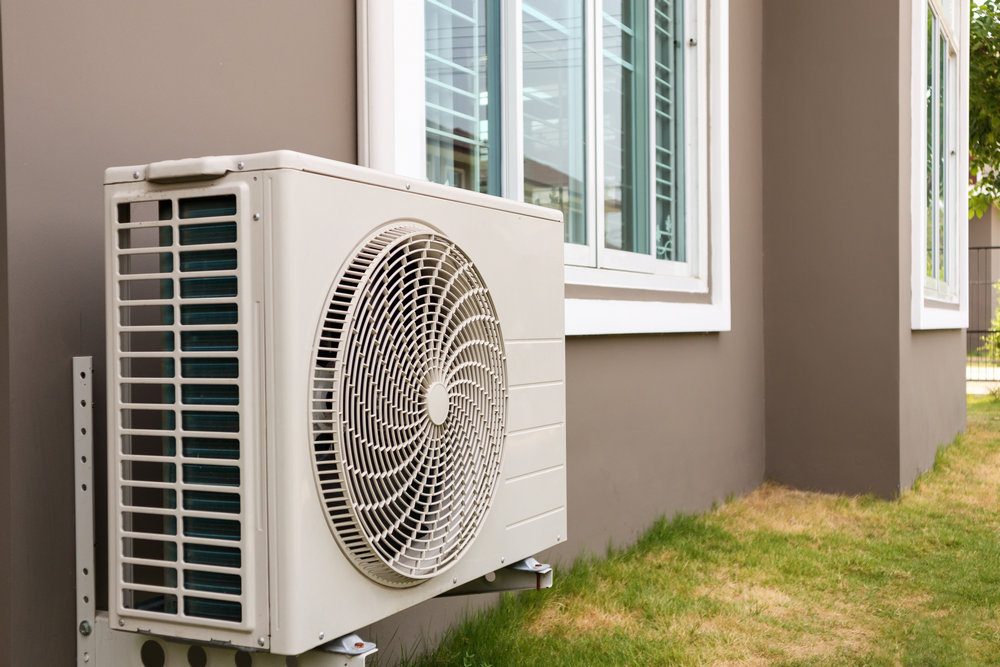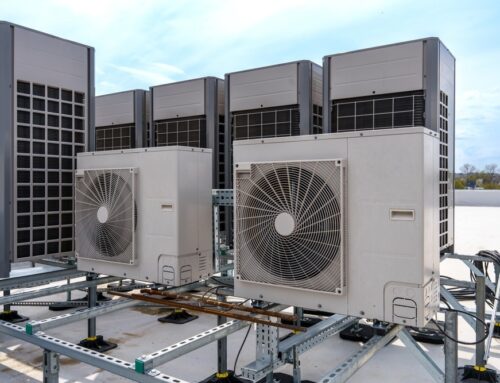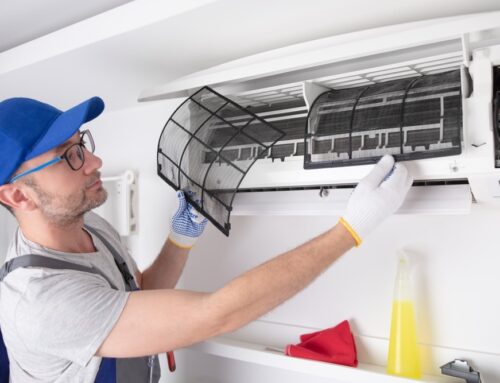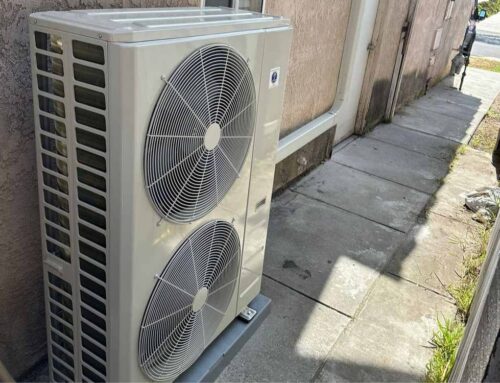Installing a new air conditioning (AC) unit in your home can seem daunting, but it doesn’t have to be. When adequately planned and executed, an AC installation can go smoothly and provide you with years of comfort and energy efficiency. This blog post will highlight key factors homeowners should consider for a successful AC installation.
Correct AC Sizing
Size is one of the most crucial aspects to consider when installing a new AC system. An improperly sized AC unit can lead to inefficient operation, higher energy costs, inconsistent cooling, and a shorter lifespan for the unit. If the AC is too large, it will cycle on and off quickly, which will prevent the system from dehumidifying the air. If the system is too small, it will run constantly and drive up energy costs. A professional HVAC contractor can calculate the appropriate size for your home’s unique needs, considering factors like square footage, insulation levels, window size, and local climate.
Ductwork Inspection and Efficiency
Before installing a new AC system, inspecting your ductwork is important. Leaky or improperly sized ducts can significantly impact the efficiency of your new AC system. Make any necessary repairs, seal the entire system, and insulate it. Any issues should be addressed before installing the new unit to ensure optimal performance.
Energy Efficiency
Energy efficiency is a key factor not only for environmental reasons but also for cost-saving. Look for an AC unit with a high Seasonal Energy Efficiency Ratio (SEER). The higher the SEER rating, the more energy-efficient the unit is, which can translate into significant savings on energy bills. An efficient AC needs to move a certain amount of air to keep your home cool. In a quality installation, the HVAC contractor will adjust the airflow according to those specifications and verify that it’s working correctly and maintaining energy efficiency.
Proper Placement
The location of both the indoor and outdoor components of your AC system can impact its efficiency and longevity. The outdoor unit should be placed in a shaded, well-ventilated area, while the indoor unit should be easily accessible for maintenance and filter changes.
Future Maintenance
Like any major appliance, an AC system requires regular maintenance to keep it running efficiently and extend its lifespan. Before completing the installation, discuss a maintenance schedule with your HVAC contractor. Regular maintenance typically includes cleaning or replacing filters, inspecting and cleaning coils, and checking for leaks and other potential issues.
Install An AC with Atlas HVAC, Inc.
While AC installation might seem overwhelming, these key factors homeowners should consider for a successful AC installation can help ensure long-term comfort. The goal is to choose the right AC system for your unique needs and to have it installed correctly. Atlas HVAC, Inc. is the place for all your AC needs. We perform high-quality AC installations, repairs, and maintenance that exceed your expectations. When you are ready to install your new AC unit, call (877) 452-8527 or click here for a FREE quote!




